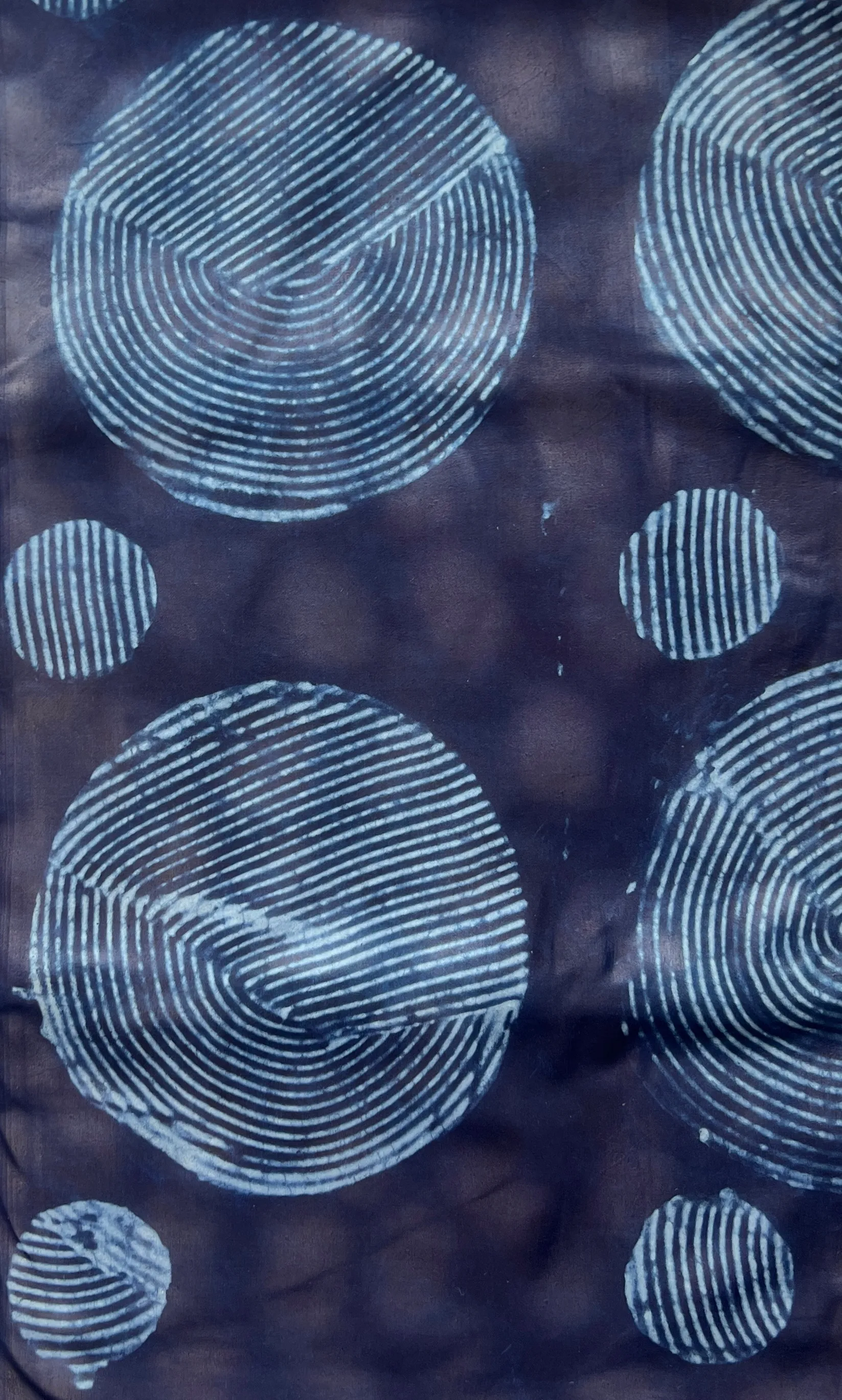| Platform 1: Lagos | UNILAG / University of Exeter |
Call for Participation in the inaugural platform of the Atlantica series
25-26 June 2024 at University of Lagos (UNILAG), Nigeria
Submission deadline: 18 March 2024
Keynote speaker: Ruth Simbao
The first Atlantica platform, Seen from Lagos is oriented towards the future in its exploration of solutions and routes through barriers which we find in the contemporary academy. It begins with the fear identified by Muyiwa Falaiye in his 2017 essay “Is African Studies Afraid of African Philosophy?” If even specialised branches of Area Studies devoted to the study of Africa are either ignorant of, or uneasy in dealing with, theories, concepts and methods drawn from African knowledge systems, what hope is there for the broader fields of the Humanities and the Social Sciences?
While the subsequent years since the publication of Falaiye’s article have vibrantly trailed the rise of a “decolonial turn,” particularly in institutions in the Global North, there is scant evidence that academic disciplines have shown any appetite to find new ways to think from or with modes of thought from the Global South. Equally noteworthy is the inadequacy of mutually conceived intentional conversations bridging knowledge spaces of the Global South. Though unacknowledged, this is partly a function of the difficulties entailed in both unlearning existing modes of perceiving the world, and navigating through various entanglements of subjectivities, alongside the hard graft needed in opening one’s mind to understanding through other languages, concepts and modes of being.
This platform directly addresses such deficits through the provision of case studies which it hopes will inspire others to see the expected awakening which can arrive through approaches to knowledge creation which find inspiration in specific schools of thinking or praxis from the African continent. As such, it encourages the submission of philosophical studies which are able to engage prevalent pedagogies, explore and situate the value of indigenous epistemologies; not necessarily divorcing them from broader currents within their academic fields, though naming and enumerating their specific utility.
A second originating position lies in the study of art, both through forms of cultural practice and in the discipline of the history of art as it has been reconstrued by African – and especially Nigerian – writers such as Chika Okeke-Agulu and Rowland Ọlá Abíọ́dún. Beginning with this latter thinker, we take seriously his admonition that we are faced with the “urgent task” not simply of documenting global differences but ensuring “the survival and essential role of African artistic and aesthetic concepts in the study of art in Africa.” For this to happen, Abíọ́dún proposes a progressive abandonment of the conventional methods of the Western humanities, for their tendency is one of “concealing and even eliminating the social and religio-aesthetic foundation of the visual arts.”
Looking beyond Africa towards other exemplars, we are able to see the manner in which fundamental notions of time, history and aesthetics have been upended in quite general, as well as scholarly, fashions in locales such as Australia, where indigenous modes of artistic production have induced paradigmatic changes in thought. Similar tendencies can also be seen in specialised fields of study in Islamic art, in which the specificity of forms of Muslim spiritual enlightenment are prized above the emplacement of works of art within Western frames of knowledge.
Returning to Nigeria, it is arguable that one of the greatest conceptual gains which has emerged through the creation of indigenous forms of modernism by groups such as the Nsukka School has been their imagination of cultural production as a marriage of forms. Far from precluding deeper understandings of indigenous knowledge, fine art presents opportunities to disseminate such understandings in new fashions, to both local and international audiences. Relatedly, the degree to which an easy interchange across the study and making of art – evinced at UNILAG in the work of Peju Layiwola and others – reflects a positive belief in the ideal of conceptual and embodied forms of knowledge-making working in tandem.
We therefore invite contributions to this event which may take the form of academic papers or artistic, curatorial or other forms of intervention. Our overarching goal is to move our fields forward so that no one should be afraid of African thought today, while some of its manifold facets might begin to be better understood at and through this symposium.
Seen from Lagos is the first in a new series of Atlantica platforms, building towards a pan-Atlantic biennial of contemporary art and critical enquiry. Working with artists, writers and communities, Atlantica aims to re-examine the multiple histories and ‘historical presents’ of the Atlantic from diverse contemporary perspectives, challenging the supposedly ‘universal’ knowledge system that inherently privileges a Eurocentric worldview. In contesting the totalising claims and epistemic violence of North Atlantic modernity, the ‘pluriversalism’ of the South also puts into question the temporalities and relationalities which have defined Western culture. In their place, new forms of knowledge are required, and with them new forms of subjectivity and new ways of imagining the future.
atlantica.artCall for proposals to be submitted by Monday 18th March 2024
For paper proposals please submit:
- A summary of the proposed contribution (250-300 words), clearly setting out the paper’s conceptual framework, central argument, methodological approach, and contribution to the state of knowledge in the field;
- Your name, affiliation, contact details, and a short bio (50 words).
Please also indicate if you plan to attend the symposium in person or if you would prefer to make a virtual presentation online.
Creative Practices and Performances
Proposed events of interventions could include readings, music, sonic art, digital art, dance, audio-visual, multimedia and other artistic performances. Proposals should be roughly two pages in length. Page 1 should provide a description of the performance along with links to any supporting materials. Page 2 should provide a detailed technical overview that clearly states what equipment you need from us and what you can provide yourself. Proposals will be assessed for technical feasibility.







